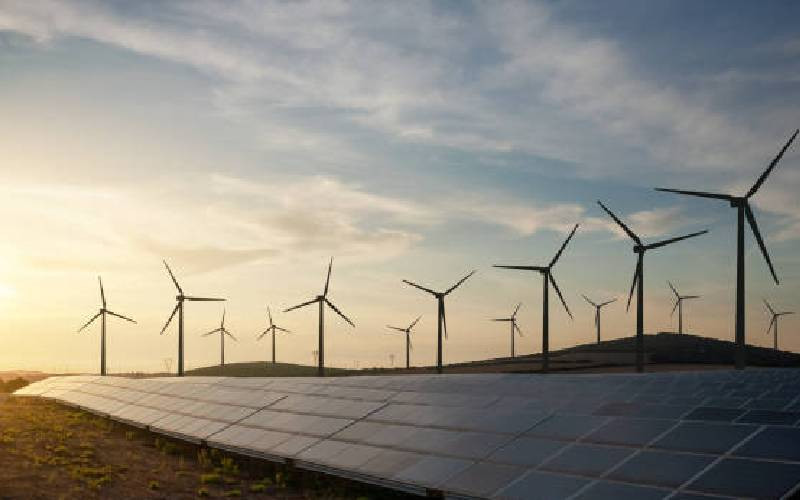×
The Standard e-Paper
Join Thousands Daily

Kenya's energy sector could benefit from a push by multinationals to have their local units adopt renewable energy as part of their global goals to cut down on pollution.
An increasing number of companies have over the recent past been building small captive power plants that complement what they get from the national electricity grid.






